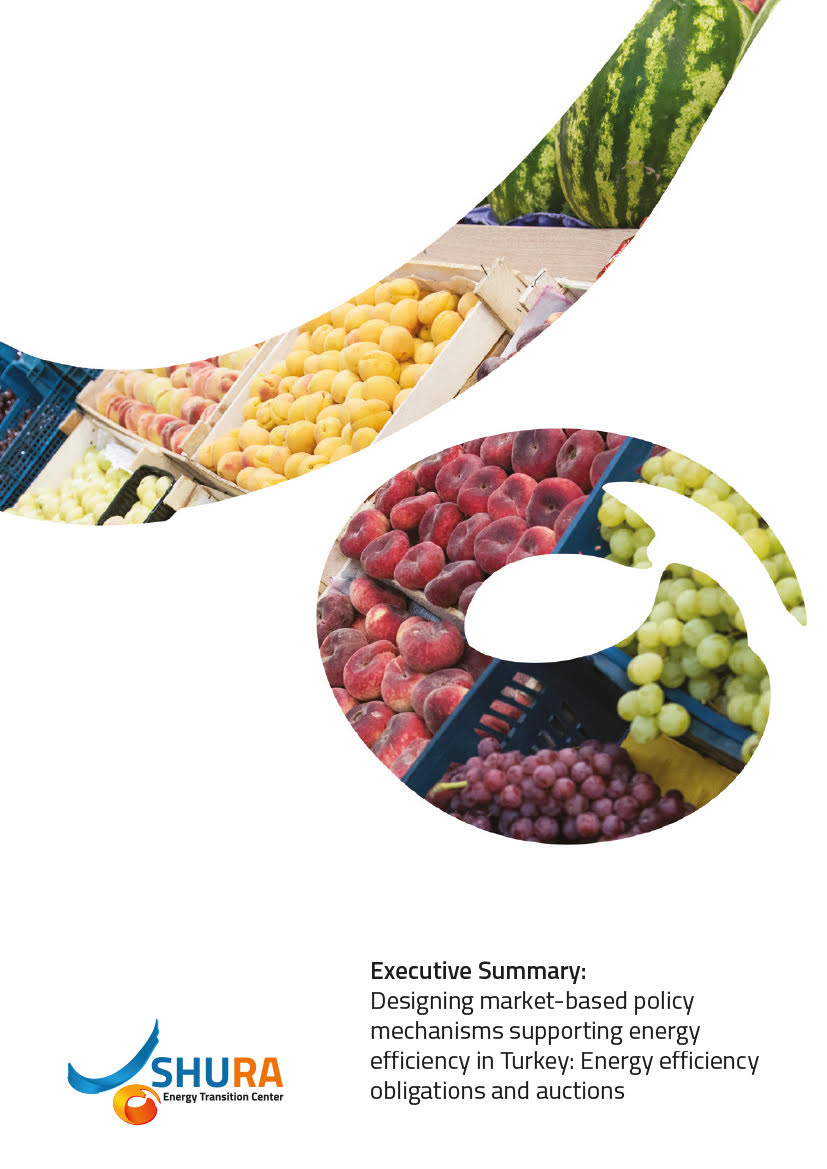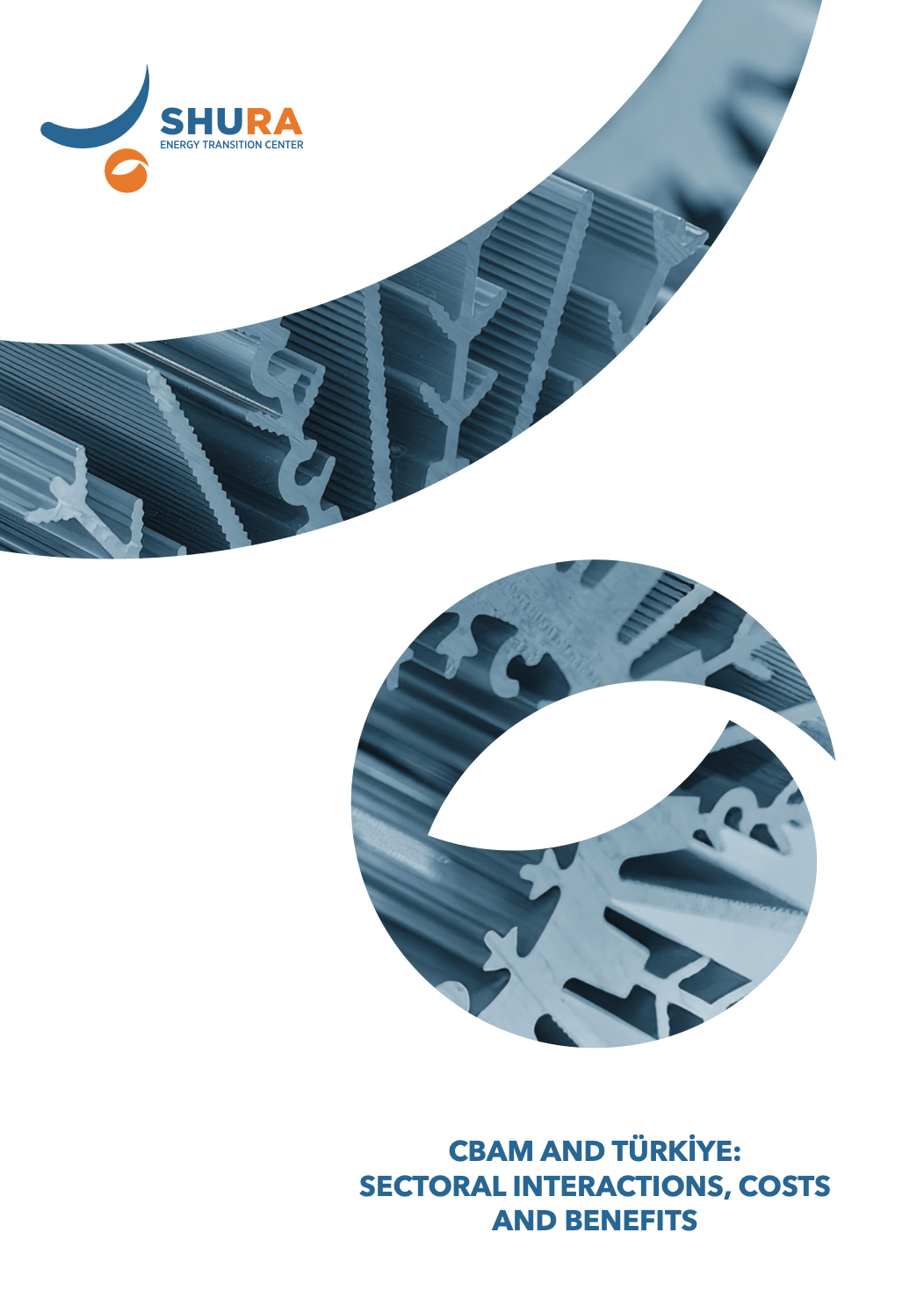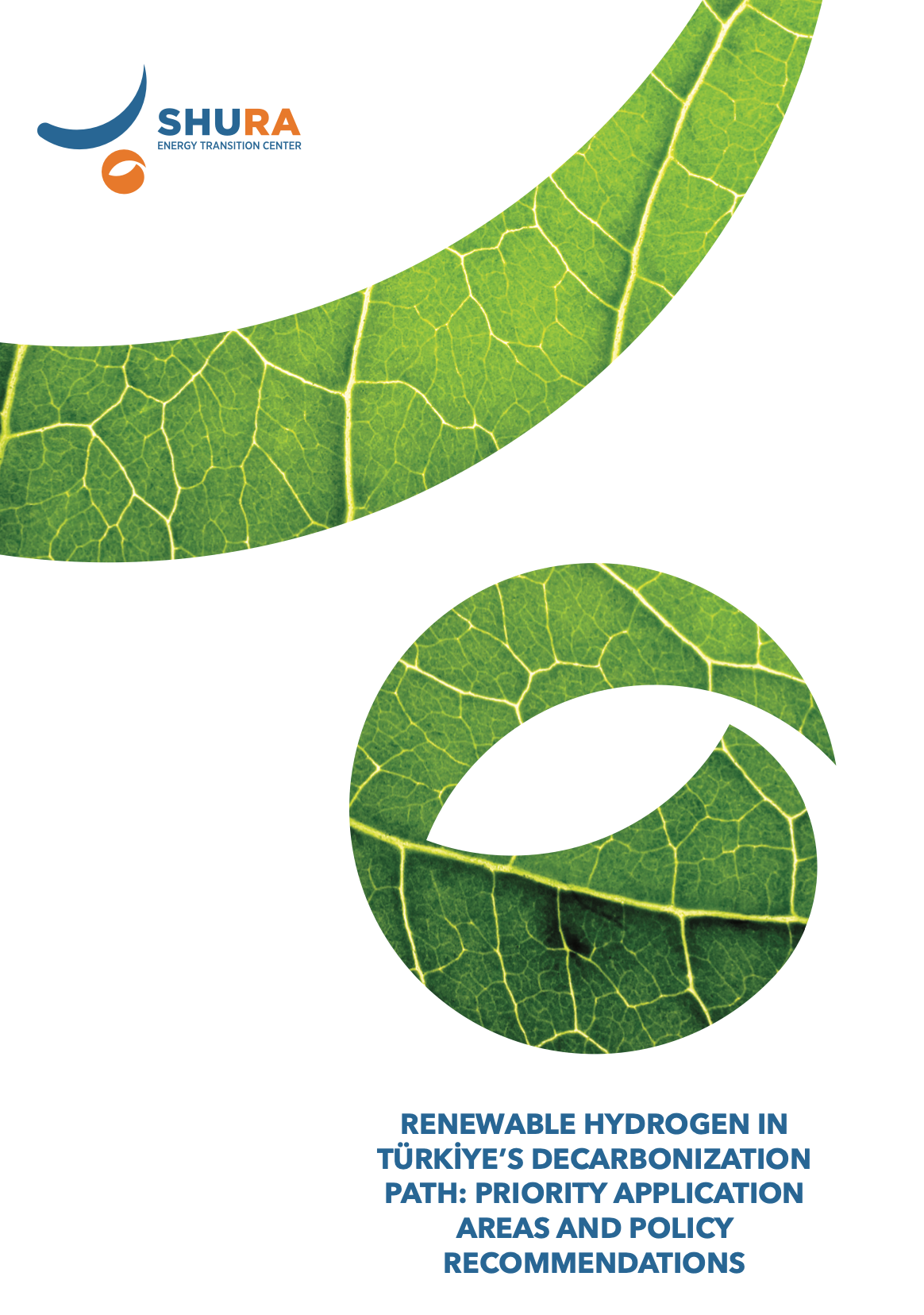Energy efficiency, as Turkey’s primary energy source since the 1980s, is at the center of all energy and environmental strategies. According to the study “The Most Economical Contribution to the Turkish Electricity System: Energy Efficiency and New Business Models” published by SHURA in October 2020, there is an additional saving potential of 10% beyond the ETKP 2017-2023 Demand Projections in 2030, through the whole electricity system. This potential translated to 42.3 TWh net savings with a 6.6 TWh electrification and total savings of 49 TWh and in 2030.
According to the results of the analysis, it is possible to reach one third of this net savings through market-based policy mechanisms. Market-based policy mechanism tools should be put into practice as soon as possible, especially in order to ensure low-cost and effective technology applications that support Turkey’s detailed and comprehensive current energy efficiency legislation applications and updates in these applications.
The main purpose of SHURA’s “Designing market-based policy mechanisms supporting energy efficiency in Turkey: Energy efficiency obligations and auctions” study is to develop policy recommendations for infrastructure, design and implementation on the energy efficiency obligation system and auctions, which are thought to make a significant contribution to Turkey’s energy transformation and take place in Turkey’s main energy efficiency policies. For this purpose, the design features and financing mechanisms are analysed for the energy efficiency obligations and auctions on an international scale, specifically for the electrical energy sector, the main factors for the implementation of the energy efficiency obligations and auctions are Turkey are assessed through a benchmarking study was carried out by analyzing the current situation in Turkey and comparing it with international experience; and Structure proposals and policy recommendations for implementation were created through detailed and multi-stage stakeholder interviews.





